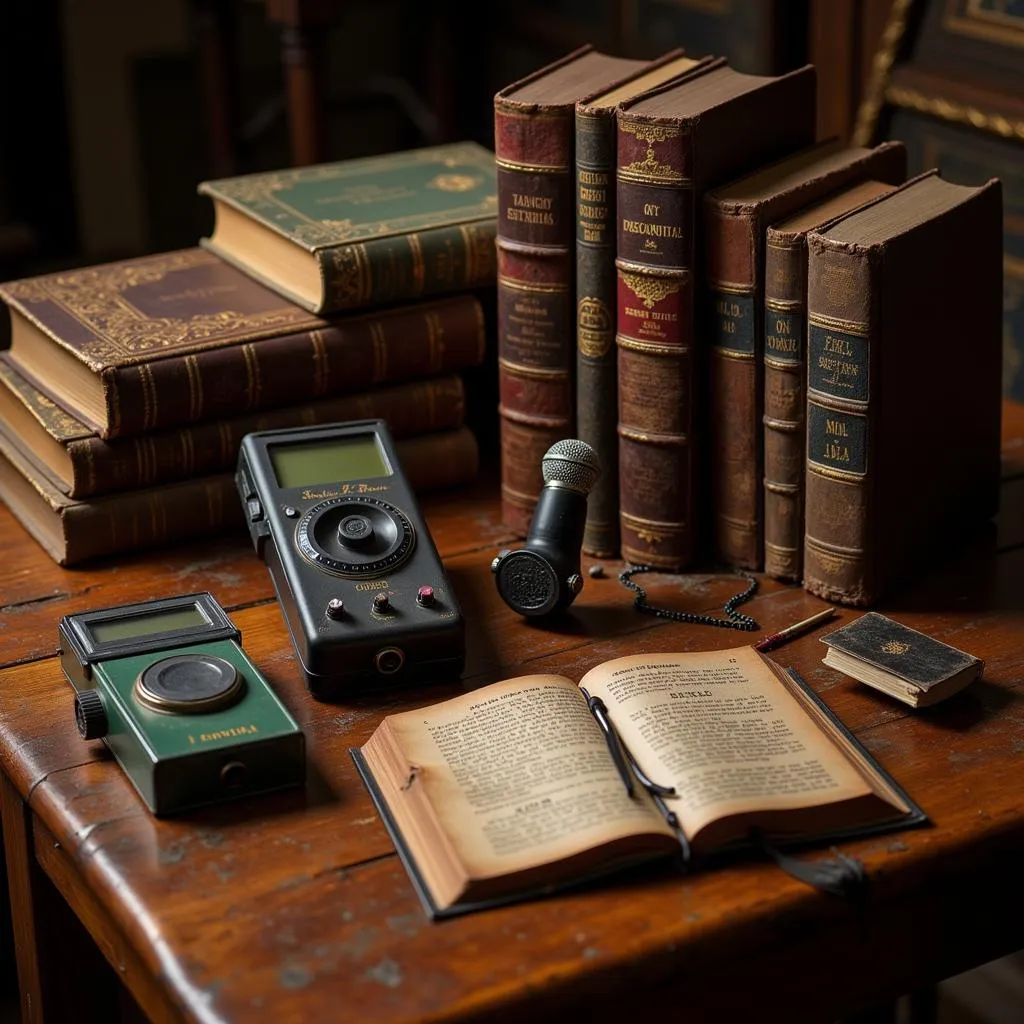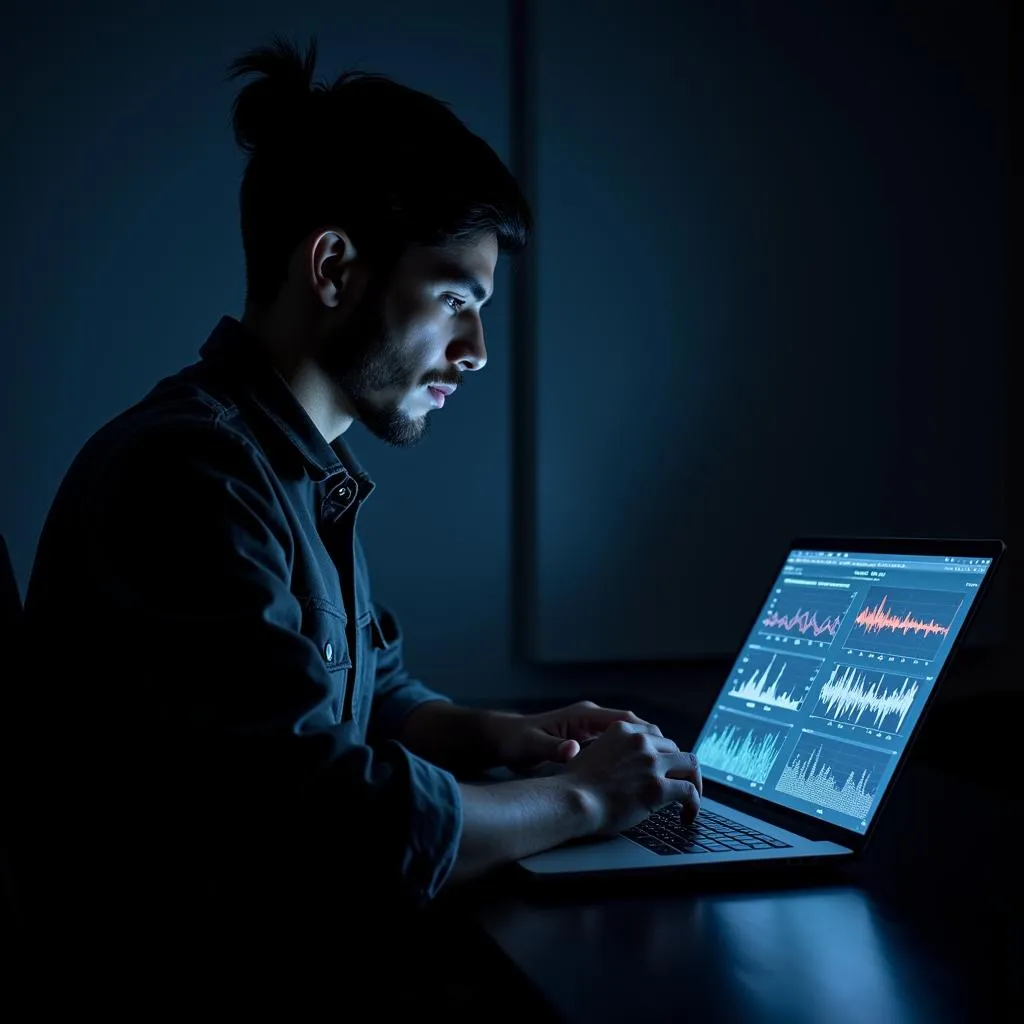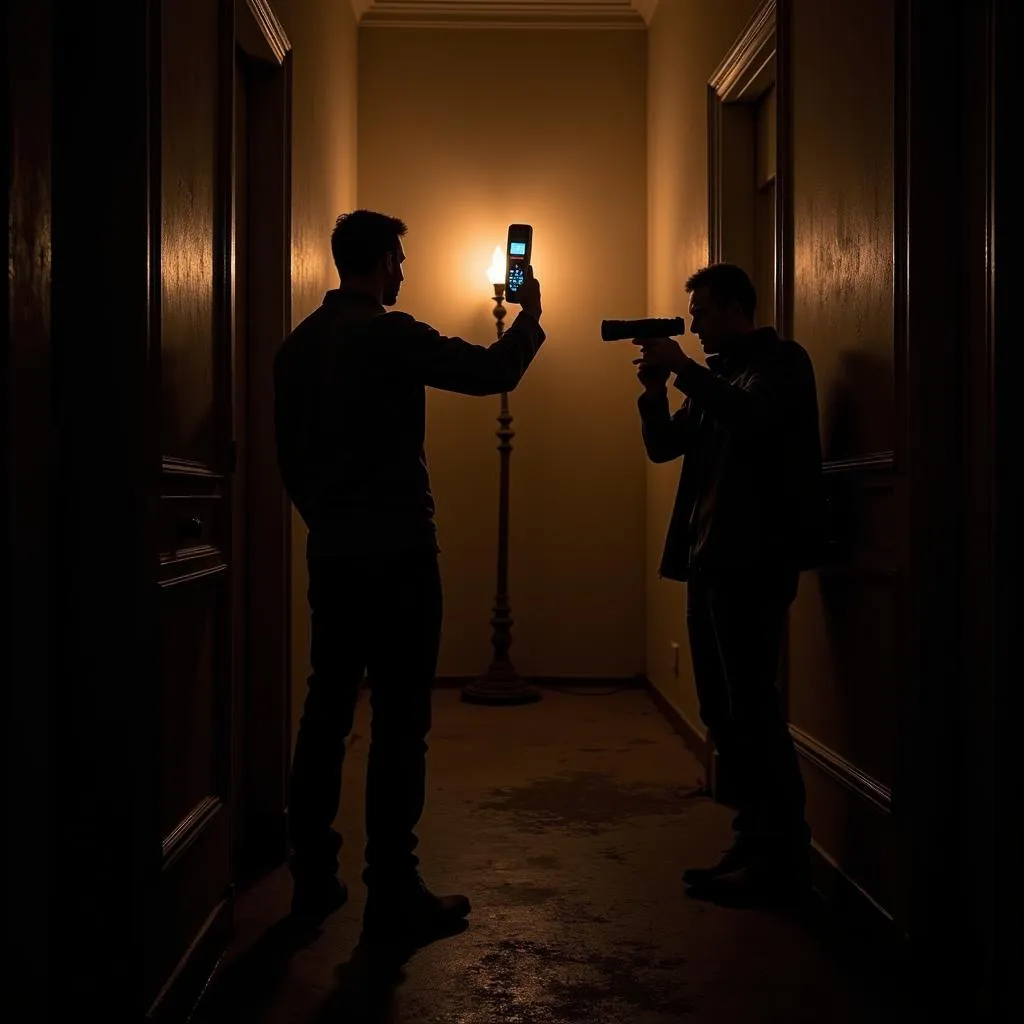In the realm of paranormal research, where the unknown intersects with the pursuit of understanding, “Assessment In Research” plays a pivotal role. It’s the compass guiding our exploration into the unexplained, helping us navigate the murky waters of spectral encounters and unexplained phenomena.
 Paranormal Investigation Tools
Paranormal Investigation Tools
Why Assessment Matters in Paranormal Research
Unlike traditional scientific disciplines, paranormal research grapples with experiences that often defy conventional measurement. We can’t simply put a ghost under a microscope or analyze psychic energy in a test tube. This is where assessment takes center stage. It’s about carefully evaluating the information we gather, determining its relevance, and using it to piece together the puzzle of the paranormal.
Types of Assessment in Paranormal Investigation
Paranormal investigators employ a variety of assessment methods, each designed to shed light on different aspects of a case:
1. Preliminary Assessment:
This initial stage involves gathering background information about the location or experience. Historical records, eyewitness accounts, and local legends all contribute to building a comprehensive picture.
2. Environmental Assessment:
Paranormal activity often correlates with environmental factors. We use EMF meters, temperature sensors, and other tools to detect fluctuations that might suggest a paranormal presence.
 Paranormal Researcher Analyzing Data
Paranormal Researcher Analyzing Data
3. Sensory Assessment:
Our senses are powerful tools. We pay close attention to sights, sounds, smells, and even feelings that seem out of the ordinary, documenting them meticulously for later analysis.
4. Technological Assessment:
From EVP recordings to infrared photography, technology allows us to capture and analyze data that might otherwise remain hidden from our senses.
The Importance of Critical Evaluation
While enthusiasm fuels our investigations, critical evaluation is the cornerstone of responsible paranormal research. Every piece of evidence, every anomaly, must be scrutinized for possible explanations:
- Could there be a logical, non-paranormal reason for this phenomenon?
- Is this evidence credible, or could it be a hoax or misinterpretation?
- Does this new information align with existing data, or does it contradict our previous findings?
By rigorously questioning our assumptions and challenging our own biases, we strive to ensure the integrity of our research.
Assessment in Action: A Case Study
Imagine investigating a haunted mansion with a history of unexplained noises and apparitions. After conducting a preliminary assessment, you discover a pattern: the activity intensifies near a particular room. This leads to an environmental assessment, where you detect significant EMF fluctuations in that area. Further investigation using EVP recording devices captures a disembodied voice, providing compelling evidence to support the claims of paranormal activity.
 Ghost Hunters in Haunted Mansion
Ghost Hunters in Haunted Mansion
The Ongoing Quest for Understanding
Assessment in research is not a one-time event; it’s an ongoing process that continues throughout the life of an investigation. As we gather more information and refine our understanding, our assessments may evolve, leading us down new avenues of exploration.
The field of paranormal research is vast and ever-evolving. By embracing rigorous assessment methods, we can navigate this intriguing world with a critical eye, separating fact from fiction and inching closer to unraveling the mysteries that lie beyond our current understanding.
Do you have questions about specific assessment techniques used in paranormal research? Are you facing challenges in evaluating evidence from your own investigations? We’re here to help! Contact us at Phone Number: 0904826292, Email: research@gmail.com or visit us at No. 31, Alley 142/7, P. Phú Viên, Bồ Đề, Long Biên, Hà Nội, Việt Nam. Our team of experienced researchers is available 24/7 to provide guidance and support.
For further exploration into the fascinating world of Paranormal Research, we invite you to delve into these related topics:
Remember, the quest for knowledge knows no bounds. Let’s continue to explore the unknown together, armed with curiosity, critical thinking, and the unwavering pursuit of truth.